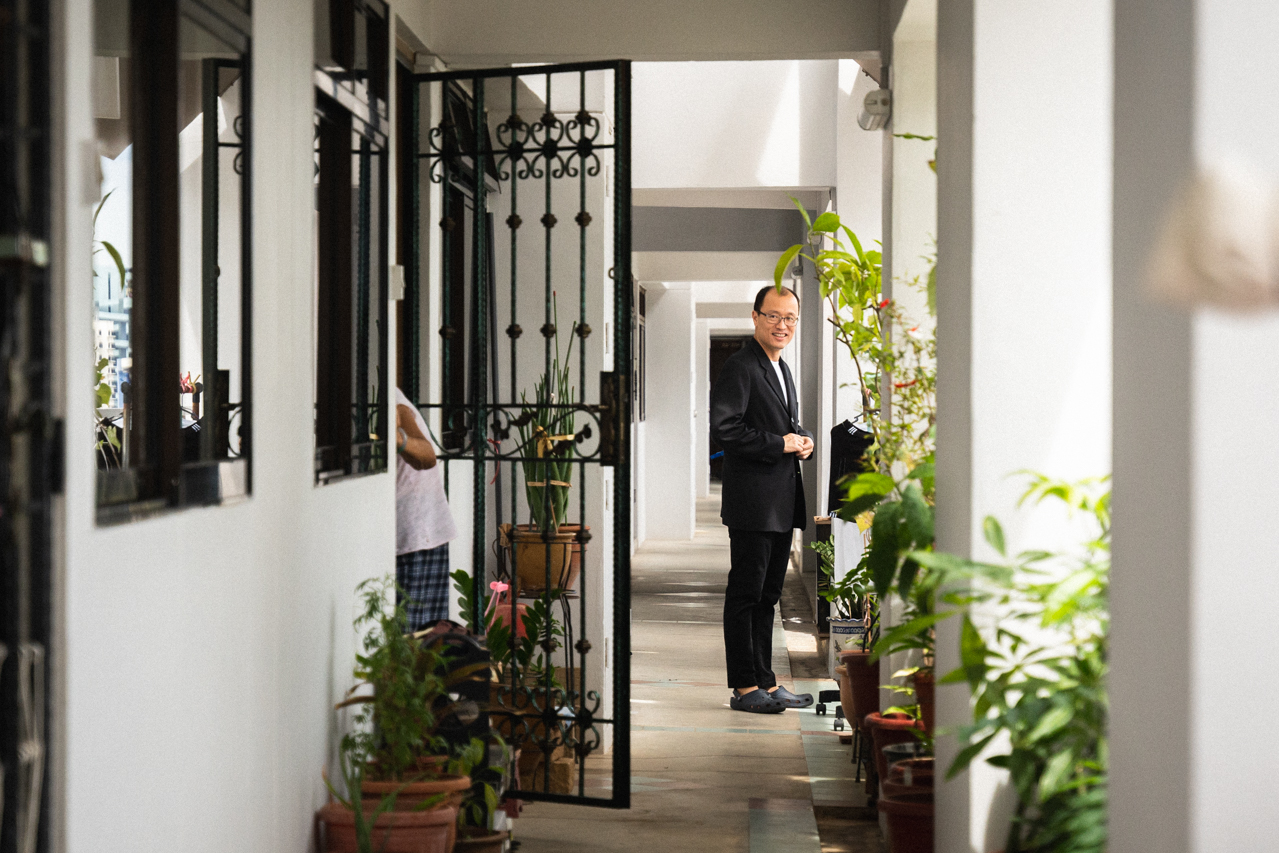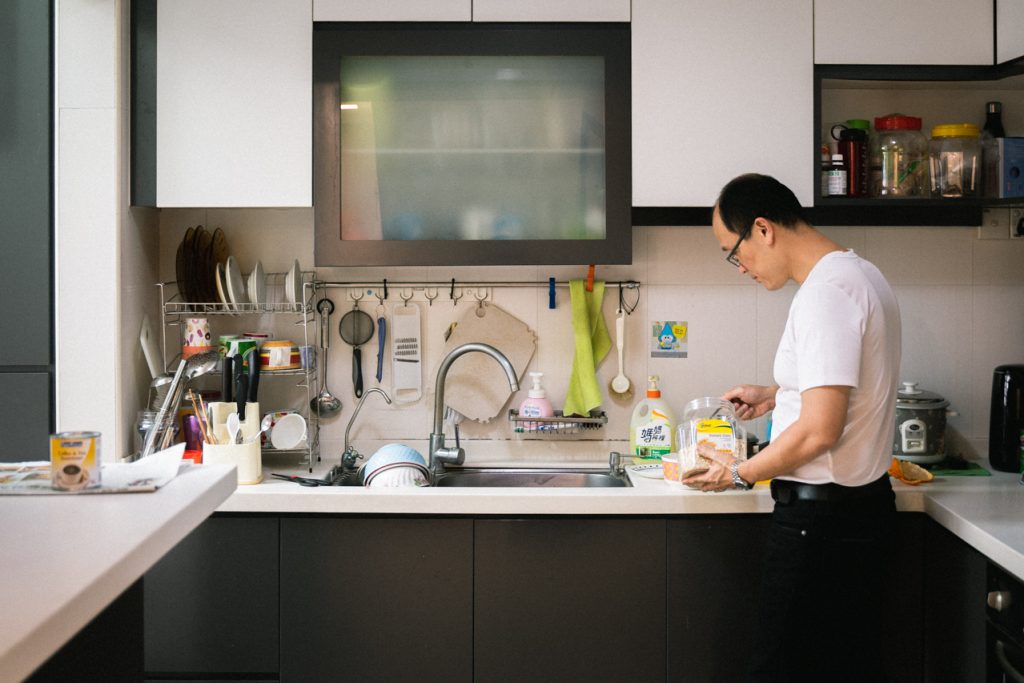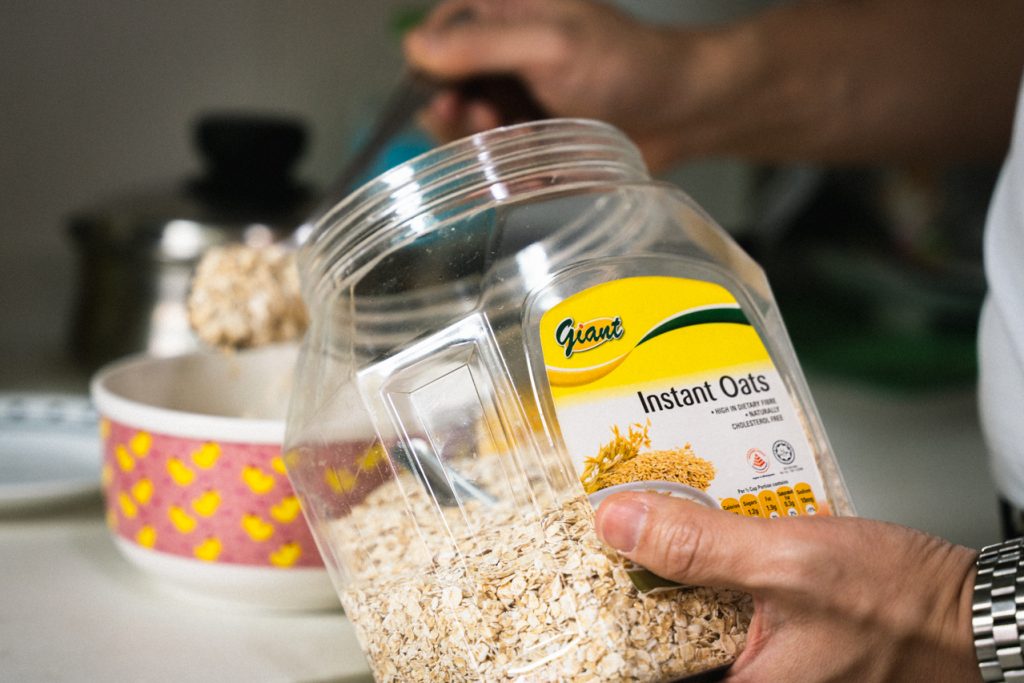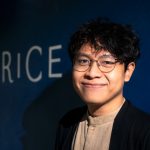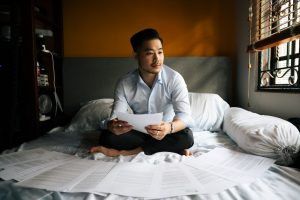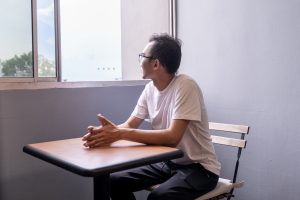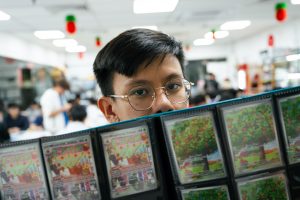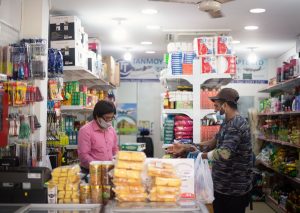All images by Zachary Tang for RICE Media
“Eat the rich”, as the kids would say. There’s a funny piece on VICE too that contests how we don’t hate charcuterie; we “just hate rich people”.
The popular sentiment on social media would have you believe that people these days are suddenly (and with forceful intent) hating billionaires — even if they might deserve it a little.
It’s the same open season on the one per cent here if you trawl through Facebook and the corners of HardwareZone. Late last year, the 28-year-old son of local billionaire Peter Lim questioned whether it was wrong to be born fortunate.
I’m sure among the many reasons we might have a subconscious loathing for the ultra-rich is the material ostentatiousness — the showy parts of living large. And who can blame them! You’d be splurging on private islands and pills that make your poop glitter too if $10,000 is pocket change.
Singapore being Singapore, the city hosts a number of people who possess more money than they could ever reasonably spend. At that level of wealth, another million dollars isn’t going to make much of a difference to their lifestyles.
What, then, drives the Singaporean super-rich once they’ve reached that point to keep pursuing more? And why would one of them want to live in Jurong?
Heartland High Net Worth
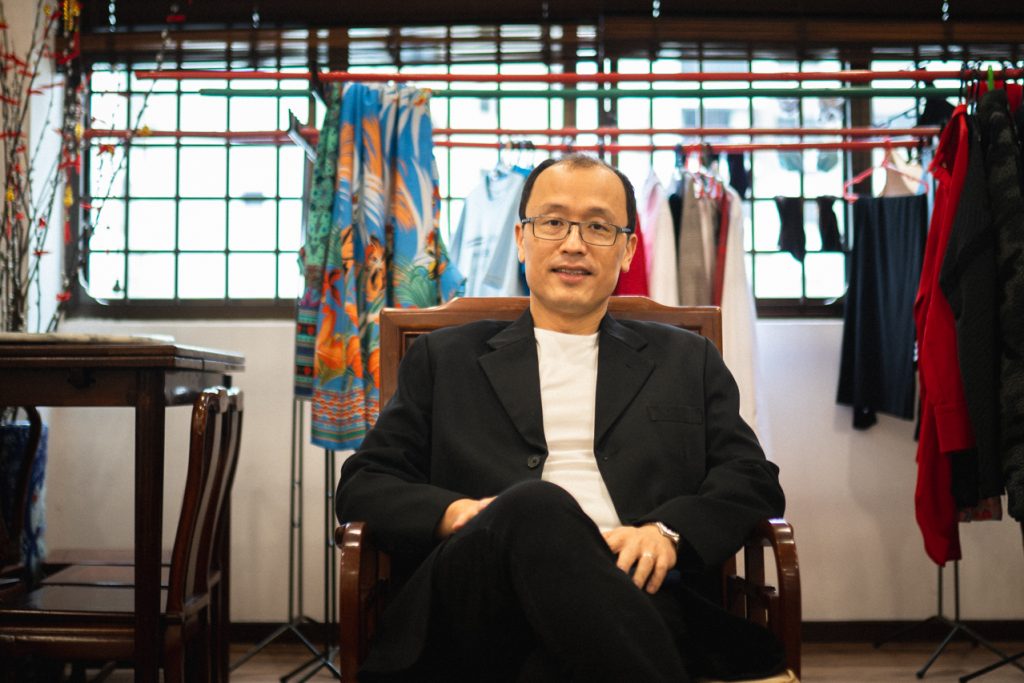
By appearance alone, Cheng Chuan Loo is not someone you’d associate with the term High Net Worth Individual (HNWI). The unassuming 50-year-old lives in an HDB flat with his wife and three children in the far-flung corners of Jurong East — not exactly a district that shouts upmarket.
His car of choice is a Honda Vezel, despite a few attempts by random strangers to hop on board whenever he stops at a pickup point, mistaking his vehicle for their Grab rides. He’s a hawker fare foodie, a frequent patron in Geylang for beef hor fun and Jurong West Market for chicken porridge.
But the man is a bonafide multi-millionaire. As he clarifies on a phone call over a hotel breakfast in Europe (he’s on a business trip with his wife), he’s unsure if he can even call himself a HNWI because of its fluctuating definitions.
What’s clear, though: His wealth is at a stage where his kids don’t have to lift a finger to work for the rest of their lives if they wanted to.
Loo is a lot of things — an entrepreneur, an angel investor, a financial guru, and occasionally, a writer. The hustle started in his early days as an undergrad, when he took on a few part-time jobs, including a stint as a real estate agent. A scholarship from Singtel later, he stayed loyal to the telco for nearly 20 years, rising up the ranks to manage multiple business divisions and subsidiaries.
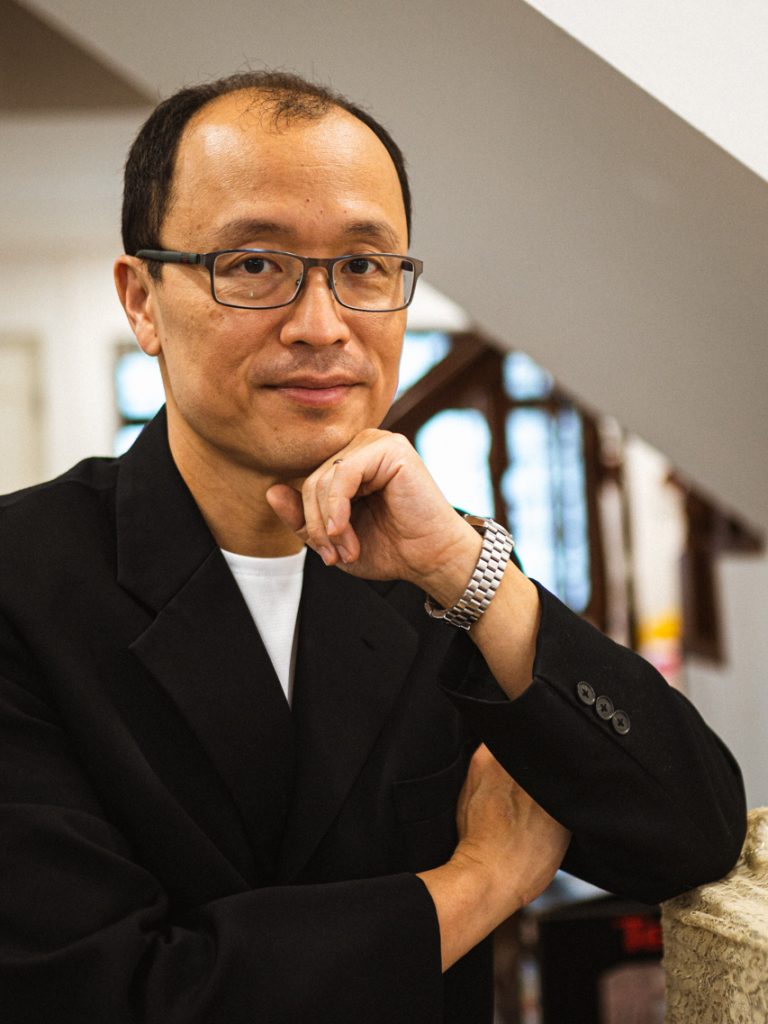
These days, he diversifies. On top of being a Chairman and co-founder of advertising solutions company ACCSS Digital, he’s an investor in the likes of Gushcloud and Lyte Ventures, and a business advisor to Amobee and Nasty Cookie. He tells me that he spends the bulk of his time in luxury goods e-commerce service Premiummall, which his wife founded in 2014.
His claim to fame though — and his proudest achievement — is being the founder of the 1M65 movement, a financial crusade to help other Singaporeans turn into millionaires upon retirement via the Central Provident Fund (CPF).
It’s something that sounds like some sort of get-rich-quick racket, but there’s really not much that Loo would gain from it. A true believer in the national pension scheme, he preaches financial strategies for free so others can cross a million dollars in their CPF savings way before reaching the retirement age, just like he did five years ago. In 2018, his efforts scored him a Public Sector Transformation Award by the government, an award usually reserved for civil servants.
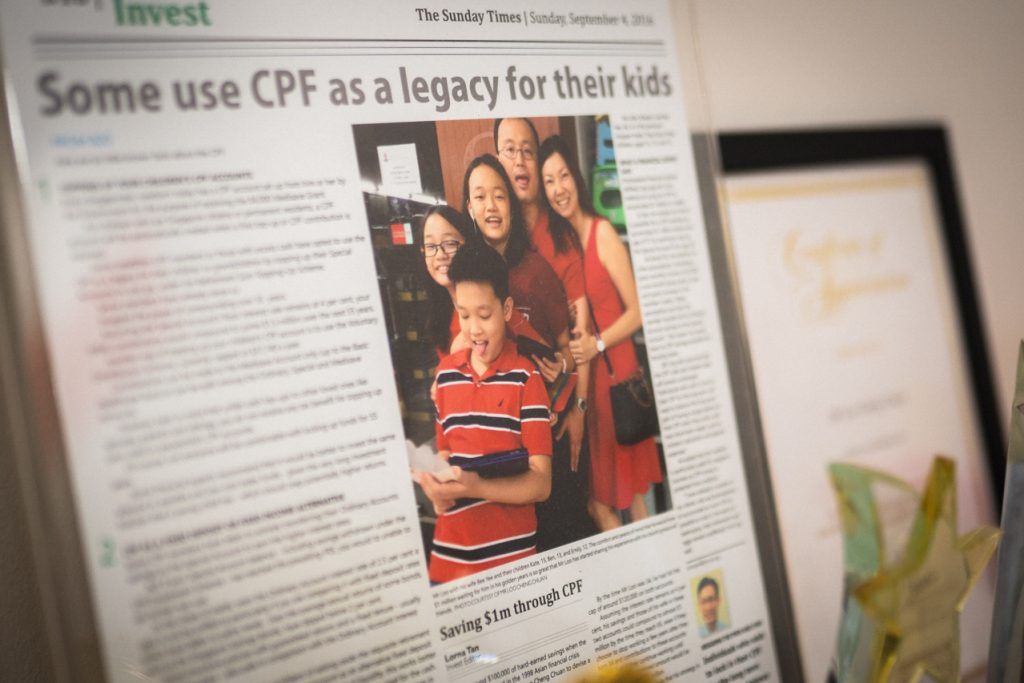
Moments into our conversation, his 1M65 Telegram group surpassed the 21,000 subscribers mark.
“My strategy is pretty altruistic,” he chuckles while crunching on toast.
“I’m probably one of the few millionaires here who go all out to bring other people to my level.”
Humble Homebody
With that much money to spare, why a flat in lieu of a mansion? Why Jurong East instead of Bukit Timah?
The way he sees it, it’s just a matter of having different value systems. Some folks just want to spend on tangible privilege, be it big houses, a better quality of life or fast supercars (impractical as they are to drive in Singapore). The human instinct to measure and compare to others doesn’t exactly disappear once you have an obscene amount of cash.
For him though, his passion lies in looking after his wealth — spending on things that can compound and grow his money.
Thus why his big buys often involve company stocks, assets and building businesses. “Flashy cars depreciate in value over time anyway,” he laughs.
In terms of his homestead, Loo is pretty happy where he is. It’s pretty close to shopping malls; it’s big enough for his entire family; it’s right beside his father’s house. It’s also where he proudly grew up, he says, asserting his pride as a Jurong Junior College alumnus and former Chairman of their College Advisory Committee.
But at that level of comfort in his life already, he has got to be spending on some luxuries every once in a while no? Loo laughs, struggling to recall some of his recent purchases. In the end, he admits that a pair of Nike running shoes he bought cost him close to $300 — something that he considers “damn extravagant”.
“I always calculate from a cost-benefit analysis,” he explains. “How much are my knees worth? If my knees were to go, it’d probably cost me $100,000 based on the operation and the downtime, on top of the pain.”
It’s safe to assume that this adherence to analytical practicality is the main reason why Loo refuses to go down the path of showy wealth. But there’s also the fact that he doesn’t want to send the wrong signal to his kids.
Ultimately, he wants them to hold the same values towards money as he did growing up in a middle-class household: lead a simple life, but have the luxury of never being in lack.
Wealth + Well-Being = Wealthbeing
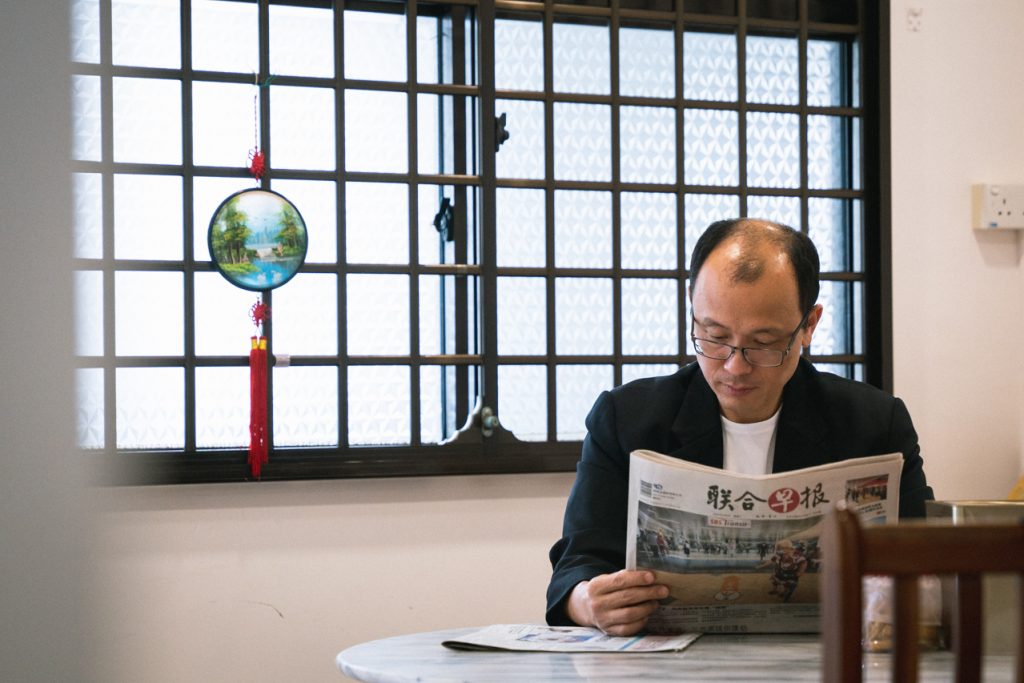
If Loo’s living like a quote-unquote ordinary Singaporean despite already reaching a point where he and his kids don’t have to work anymore, it begs the question: What’s the endgame?
There is none, he says. Wealth is his scorecard.
“I think what I’m doing right now is try to live the life I want to live. And the life I want to live is, incidentally, accumulating wealth. Wealth accumulation is the goal, not a means to something else,” he explains.
“I’m enjoying the process, not the fruits of it.”
It’s a surprising answer, but it makes sense. If what makes you happy is amassing money in a myriad of ways — investing, saving, earning — you’ll never run out of it.
“I feel that the aim of that wealth accumulation is to achieve a certain level of money that enables you to buy ourselves the ability to pursue our passions.”
Incidentally, the money enables him to live well, but not in terms of materialistic riches. The true luxury he enjoys: time. Extra time to spend with family; extra time to focus on staying fit; extra time to pursue his passions.
Even with all the money in the world, I’m sure there’s always the lingering paranoia that it could all disappear in an instant. I broached the topic of having insurance, something that I imagine the Jeff Bezoses and Mark Zuckerbergs of the world don’t have to worry about.
Loo agrees — he has more than enough in the bank to take care of himself and his dependents during emergencies. But he insists that insurance solutions do hold economic sense for multi-millionaires like him. Hospitalisation plans, for one.

Loo also mentions how wealth management services such as those offered by AIA are actually crucial for some HNWIs. The fact is, some rich folks are simply clueless when it comes to preserving their wealth.
“There are two types of HNWIs: People who made their money through smart financial choices like investing and people who come to money by simply earning a lot through their jobs. There’s a huge group of people in the latter group who are very rich but very lousy in growing or protecting their wealth.”
For these folks, they can just as easily lose millions of dollars from their accounts, mostly by making wrong investment choices and self-sabotage by way of fund mismanagement. He recounts how he saw a HNWI had a portfolio of over $20 million nearly wiped out in 2020 because of bad advice.
In such cases, they would have benefitted from the security of holistic wealth management plans. AIA, in particular, leverages a diverse range of specialist support in multiple disciplines to grow and preserve wealth.
Loo himself knows exactly the importance of securing a foundational base so if shit hits the fan, his kids are well-protected. He survived a close shave back in 2016 when the plane he was on — Singapore Airlines Flight SQ368 — caught on fire at Changi Airport. During alarming times like those, he remains glad that he has a financial safety net for his next of kin.
A Legacy of Abundance
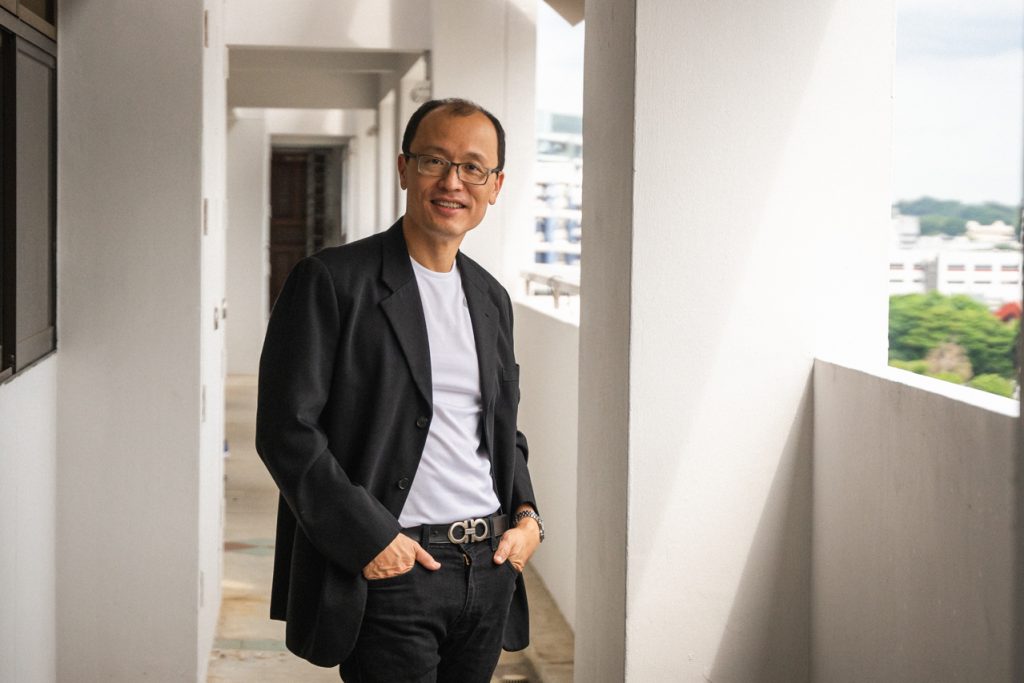
Simply leaving behind a legacy of wealth isn’t enough, though. For Loo, it’s about leaving behind crucial life lessons like financial independence and entrepreneurial skills so that his kids can rely on themselves without his help.
Even though they could bank on his money, all three of his kids are trained from young to work hard for themselves — they’ve been (willingly) working part-time jobs during their school holidays. I might be wrong, but I don’t think other children of multi-millionaires even need/want to slog it out like the hoi polloi.
“My legacy is not to give them a good life. It’s to give them a safe life where there’s enough money for them to help them stand on their own feet and fight the good fight for their own livelihoods and passions.”
The hustle mindset ingrained in his kids wouldn’t be as potent if he wasn’t doing so himself. When asked when would be a good time for him to finally hang up his boots and stop working, he simply says: “I won’t retire”.
Here is a person who could enjoy high-end luxuries that many Singaporeans would give their arm for but chose the humble life. You can’t just throw money around in pursuit of happiness, and Loo knows that.
His definition of being rich doesn’t come from living the high life or keeping up appearances; it’s about having enough to enjoy the freedom to pursue his life’s passions and for his children to do the same. It’s about staying perched at a stage where he doesn’t have to worry about losing anything — neither his time, his family, nor his fortune.

